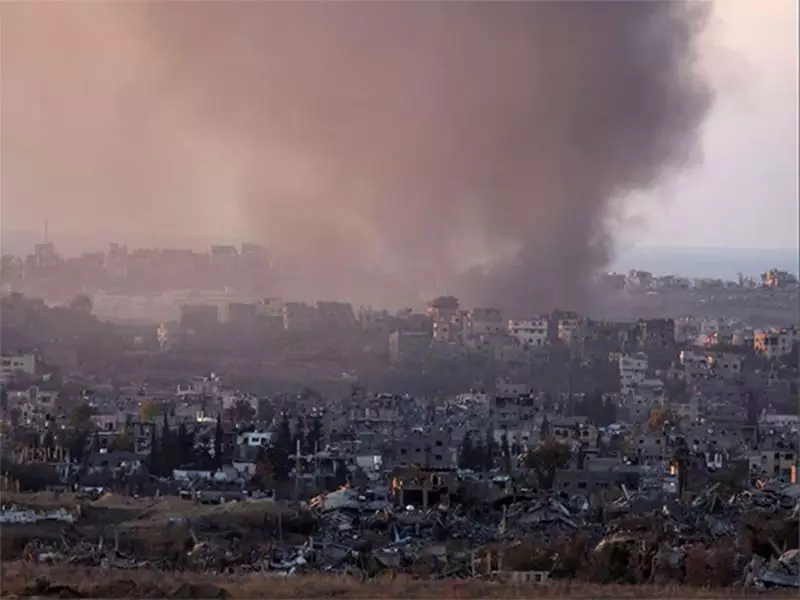
The Arab Parliament has issued a powerful demand for the international community to activate robust pressure mechanisms aimed at achieving comprehensive and just peace in the Middle East. This urgent call comes amid escalating tensions and ongoing humanitarian concerns in the region.
Escalating Calls for International Intervention
During a critical session addressing the deteriorating situation in Gaza, the Arab Parliament emphasized that mere statements of condemnation are no longer sufficient. The body is now pushing for concrete action from global powers to enforce resolutions that would guarantee Palestinian rights and establish lasting stability.
The parliamentary resolution highlighted several key demands:
- Immediate international protection for Palestinian civilians
- Accelerated efforts toward a two-state solution
- Ending the ongoing blockade and humanitarian crisis in Gaza
- Accountability for violations of international law
Regional Unity and Global Responsibility
The Arab Parliament, representing member states of the Arab League, stressed that achieving peace requires unified international pressure. The body criticized the current approach to the conflict as inadequate and called for a fundamental shift in how the global community addresses the decades-long dispute.
"The time for passive observation has ended," the resolution stated. "We need active, determined international intervention that prioritizes justice and human dignity over political considerations."
Humanitarian Crisis Takes Center Stage
Central to the Parliament's appeal is the dire humanitarian situation in Palestinian territories. The resolution detailed the urgent need for medical supplies, food security, and basic infrastructure restoration in conflict-affected areas.
The Arab lawmakers urged specific action from international organizations, including the United Nations and relevant human rights bodies, to implement monitoring mechanisms and ensure compliance with humanitarian law.
This strengthened position from the Arab Parliament signals growing regional impatience with the stalled peace process and represents a significant push for more assertive international involvement in resolving one of the world's most persistent conflicts.





